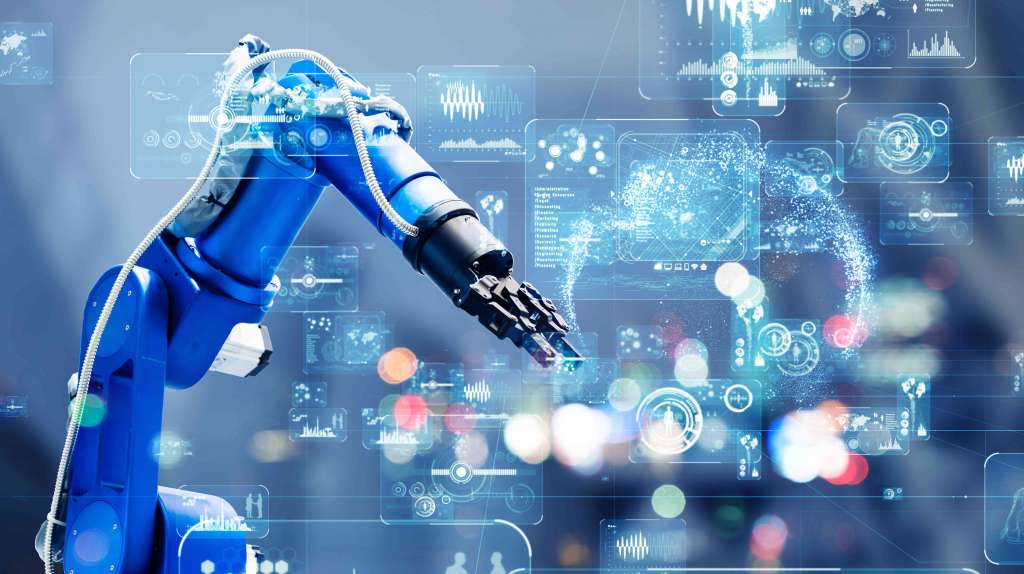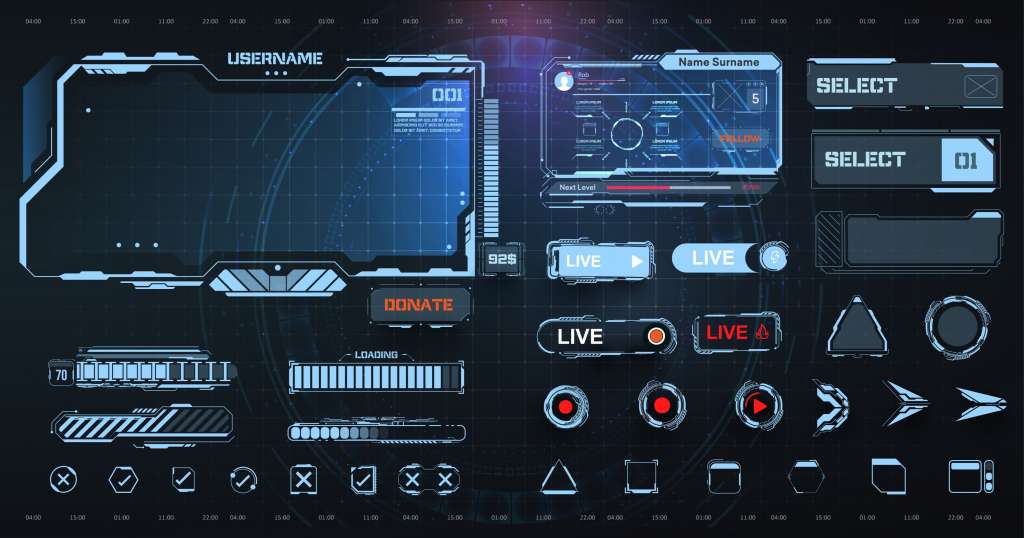Top Trending AI Technologies In 2023


Summary: Artificial Intelligence (AI) is advancing at an incredible pace, revolutionizing industries and creating new opportunities for businesses worldwide. The top trending AI technologies include Edge Computing, Natural Language Processing (NLP), for synthesizing interaction between computers and human languages, Computer Vision to interpret the visual world, and Reinforcement Learning where an AI learns to make decisions through trial and error.
Artificial intelligence (AI) is rapidly advancing and being employed in various industries and aspects of daily life. Moving into 2023, there are several AI technologies that are expected to be particularly prevalent and impactful. Artificial Intelligence technologies are set to revolutionize the fashion industry as well. These technologies will be useful for the entire supply chain in the fashion industry, ranging from designers to manufacturers to consumers.
New Avatar for the Fashion industry
The fashion industry is one of the major sectors being significantly impacted by the growth of Artificial Intelligence technologies. The consumers will be able to experience fashion in new ways. AI will be able to provide a seamless experience for consumers as they will be able to virtually see the products before buying them, leading to fewer returns and better decision-making on the consumer's part. For designers, AI will be useful in tapping new trends, and for manufacturers, they will be able to leverage AI to create fabrics and designs.
AI technologies will make the entire value chain of the fashion industry stronger. AI technologies can be applied to manufacturing, design, merchandising, and inventory management. Using AI technologies will cut down on errors and will keep fashion brands updated on new trends.
Market Intelligence
Many sectors are testing Artificial Intelligence technologies in markets to engage with consumers. Getting feedback is beneficial to better the consumer experience and create a niche in respective sectors. The fashion industry is one of the fastest-growing sectors and needs to constantly be updated with trends.
The fashion industry requires market intelligence to keep up with evolving trends and offer the right products to consumers. AI technologies, therefore, have huge relevance for the fashion industry.
Top AI Technologies for 2023
Machine Learning

One of the most significant trends in Artificial Intelligence is the continued growth of Machine Learning (ML). Machine Learning is a subset of AI that involves training computers to learn from previously entered data and make predictions or decisions without being explicitly programmed. This technology has already been implemented in a variety of industries, including healthcare, finance, and e-commerce, and is expected to continue to be widely adopted in the coming years.
In the fashion industry, Machine Learning can be used to forecast demand and understand future trends.
Natural Language Processing

Natural Language Processing (NLP) is a branch of AI that focuses on enabling computers to understand and generate human-like language. This technology has been used in chatbots, virtual assistants, and language translation software and is expected to continue to improve, making interactions with technology more seamless and intuitive for users.
Fashion brands can elevate their customer service experience by integrating effective NLP technologies.
Computer Vision
Computer vision involves teaching computers to interpret and understand visual information, such as images and videos. This technology has been used in applications such as security systems, self-driving cars, and image recognition software. It is expected to become even more advanced in the coming years, with possible applications in areas such as manufacturing, healthcare, and fashion.
Computer vision can help the fashion industry in making designs that are ready for the future, allowing brands to carve their niche ahead of the game.
Edge Computing
A related trend is the growth of Edge Computing. Edge Computing involves processing data at, or near, the source of data generation, rather than in a centralized location. This can help reduce latency and increase the speed of AI applications, making them more useful in real-time and high-performance applications such as autonomous vehicles and industrial IoT.
Generative Models

Another important trend in AI is the development of generative models. These are AI systems that can generate new data, such as images or text, based on what they have learned from existing data. Generative models have been used in a variety of applications, including video game design, music composition, and drug discovery. These models are anticipated to become even more progressive in the coming years, with possible applications in fields such as architecture, fashion, and art.
Reinforcement Learning
Reinforcement learning is a version of Machine Learning in which an agent learns by interacting with its environment and receiving feedback in the form of rewards or penalties. This technology has been used in applications such as video games, robotics, and autonomous systems. It is likely that it will evolve even more in the coming years, with possible applications in areas such as finance and healthcare.
Artificial Intelligence is going to be around a lot more
Artificial Intelligence technologies have huge potential in the fashion industry. These technologies will enable better decision-making and seamless customer experience. The fashion industry may start using these AI technologies to test their potential.
To conclude, as technologies evolve, we may witness a whole new world of fashion in years to come.
Key Takeaways
- As we move into 2023, we can expect continued growth and advancement in Artificial Intelligence technologies, particularly in Machine Learning, Natural Language Processing, Computer Vision, Edge Computing, Generative Models, and Reinforcement Learning.
- These technologies have the potential to greatly impact and improve various industries and aspects of daily life, and it will be exciting to see how they are developed and implemented in the coming year.
If you want to know more, talk to us at Fashinza. Speak to an expert today!



















